Why snacks is their favourite over full meals?
It’s a familiar scene for many parents: your toddler eagerly accepts a snack but refuses a lovingly prepared meal. You may wonder why your little one seems to thrive on finger foods while full meals often go untouched.
Many parents might think they are dealing with picky eaters. The truth is, this isn’t just a phase—it’s actually a normal stage of toddler development. Understanding why kids prefer snacks over meals can help parents develop better feeding strategies and foster long-term healthy eating habits.
Here’s a breakdown of why little ones prefer snacks over full meals.
1. Smaller Tummies
One of the primary reasons why toddlers choose snacks over meals is their small stomach capacity. A toddler’s tummy is only about the size of their fist, which means they simply can't eat large volumes of food in one sitting.
This often leads parents to mistakenly believe their child is being picky or refusing food, when in fact, they may already be full after just a few bites.
This explains the popularity of small meals for toddlers and why frequent toddler snacks help maintain their energy levels. Instead of insisting on a big breakfast or dinner, consider offering nutrient-dense mini meals throughout the day.
Avoid forcing large portions—respect your child’s cues for fullness. This not only supports healthy eating but also prevents mealtime battles.
2. High Energy Needs Require Frequent Fuel
Toddlers are in a phase of rapid growth and are often extremely active. Running, jumping, climbing, and constant exploration burn a surprising number of calories. This high energy output, combined with a small stomach, creates a frequent demand for food.
This is where quick snacks for toddlers come in—they help fill the nutritional gaps between meals and ensure your little one is getting the fuel they need.
Many experts agree that offering three meals and two to three snacks per day is ideal for children aged 1–3 years old. The key is choosing the right snacks that complement meals rather than replace them.
Create a consistent daily meal and snack schedule to maintain balanced energy levels throughout the day. Be mindful of portion sizes and timing to avoid disrupting appetite for main meals.

3. Snacks Are Easier to Eat
When thinking about snack vs meal for toddlers, consider this: snacks are typically soft, bite-sized, and easy to chew—ideal for toddlers who are still refining their chewing and swallowing skills. In contrast, main meals may feature unfamiliar textures, stronger flavours, or mixed ingredients that toddlers find overwhelming.
Additionally, packaged snacks are often visually appealing and come with minimal effort required—just open and serve. Easy and quick snacks for toddlers can be much more enticing than sitting at the table for a more formal meal.
4. Independence and Control
It’s developmentally normal for toddlers to begin asserting their independence during meals. Choosing snacks over meals may simply be a way of exercising control. Mealtimes often come with adult supervision, rules, and expectations such as “Eat your veggies”, “Sit still”, “Use your spoon”—whereas snacks tend to be less structured.
This desire for autonomy can lead to mealtime resistance. Giving your child a say in what they eat (within healthy boundaries) can actually improve their willingness to try new foods.
Offering choices like, “Would you like apple slices or carrot sticks for snack?”. This gives your child a sense of control without compromising nutrition.
5. Preference for Familiar Foods
Toddlers are creatures of habit. They love the predictability of their routines and that includes what they eat. Why do little ones prefer snacks over meals? Because snacks are often familiar, safe, and consistent, unlike the new or mixed foods they might encounter on a dinner plate.
From fruit-flavoured yogurt melts to crunchy biscuits, snacks tend to feature the same textures, colors, and flavours. This makes them feel secure—while unfamiliar main dishes can trigger suspicion or refusal. Gradual exposure to new meals helps, but it takes patience and time.
Understanding why little ones prefer snacks over meals can transform frustration into opportunity. Toddlers’ small stomachs, high energy needs, developmental stage, and desire for control all contribute to their snack-heavy preferences.
But with the right approach: structured routines, smart snack choices, and a positive mealtime environment—you can support healthy eating habits while respecting your child’s natural tendencies.
Remember: it’s not about eliminating snacks, but about using them strategically to complement a well-rounded, enjoyable diet.
References:
Do Kids Need Snacks? Available at: https://endokidsconcierge.com/blogs/do-kids-need-snacks#:~:text=The%20Importance%20of%20Snacks%20for,develop%20a%20healthy%20eating%20pattern.
What to Do If Your Baby Prefers Snacks Over Meals. Available at: https://littlegrubbers.com/blogs/feeding-tips/what-to-do-if-your-baby-prefers-snacks-over-meals#:~:text=%E2%9C%85%20Snacks%20Are%20Easier%20to,trying%20new%20foods%20at%20mealtime.
Why Children Prefer Snacks to Meals. Available at: https://www.healthxchange.sg/child-life-stages/child-feeding-tips/why-children-prefer-snacks-to-meals#:~:text=Toddlers%20(1%20to%203%20years,a%20meal%20for%20the%20day.
My Toddler Asks for Snacks Constantly—Is Grazing Okay. Available at: https://learningtreechildcare.com/my-toddler-asks-for-snacks-constantly-is-grazing-okay/#:~:text=Why%20Toddlers%20Love%20Snacks,for%20their%20brains%20and%20bodies




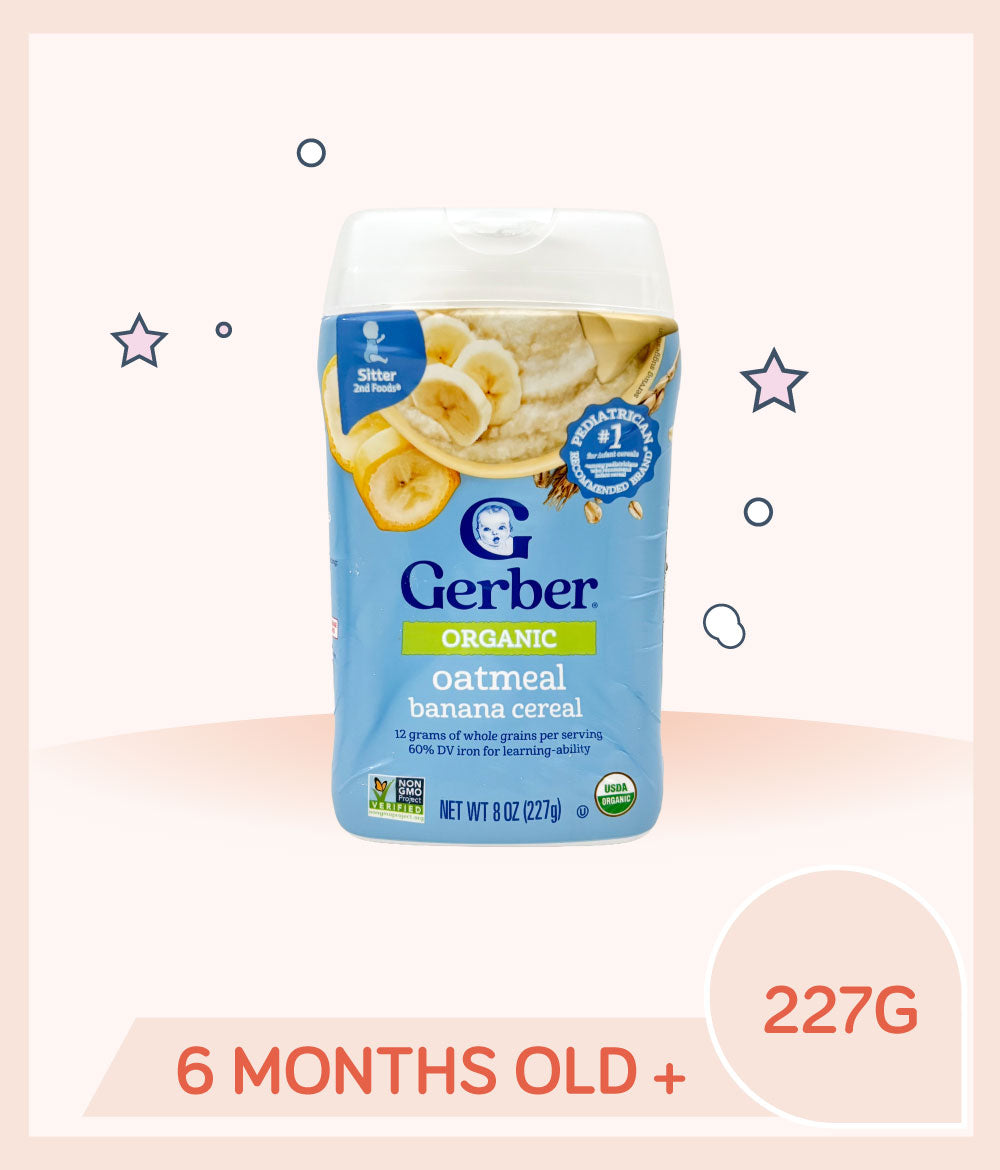


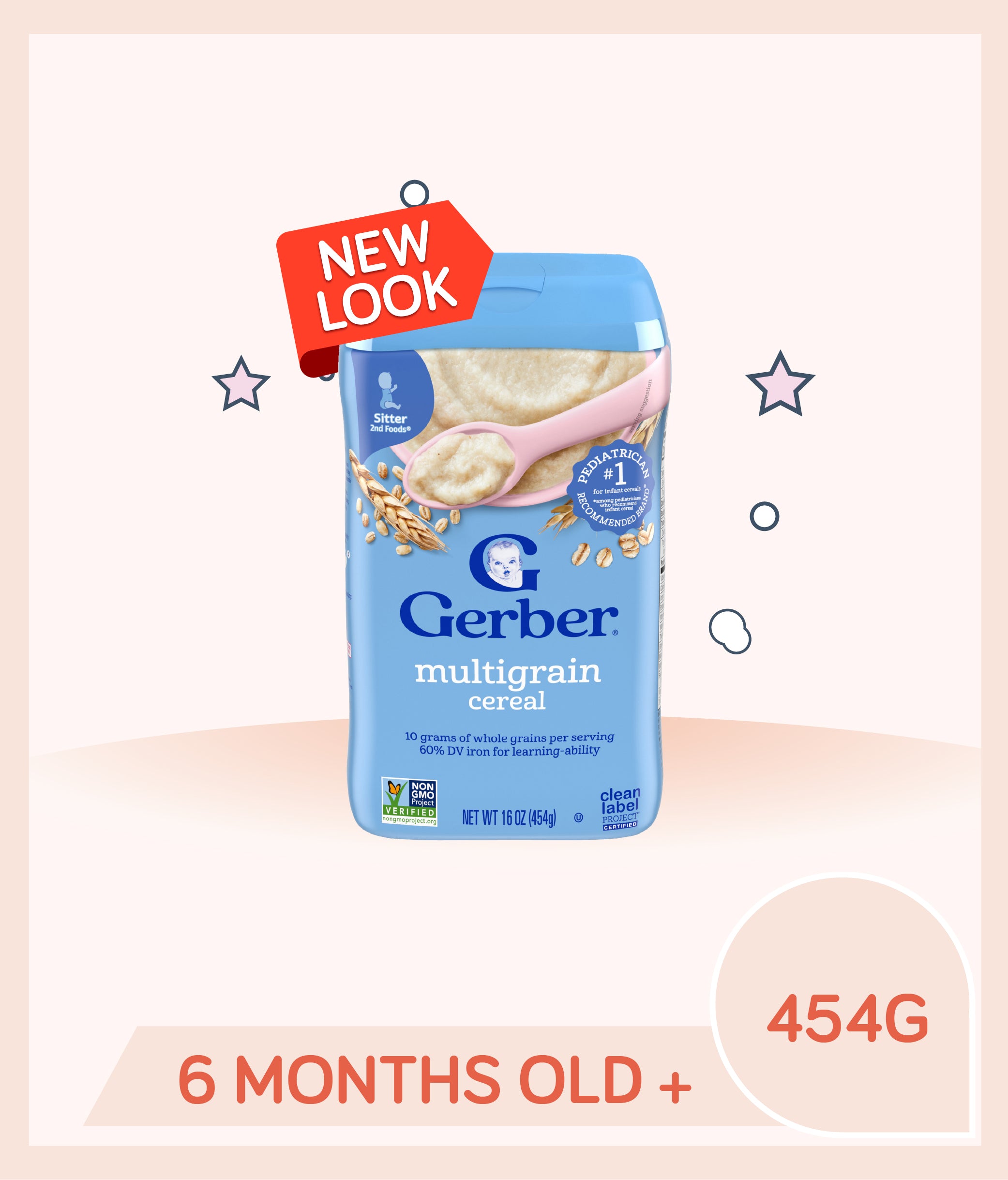
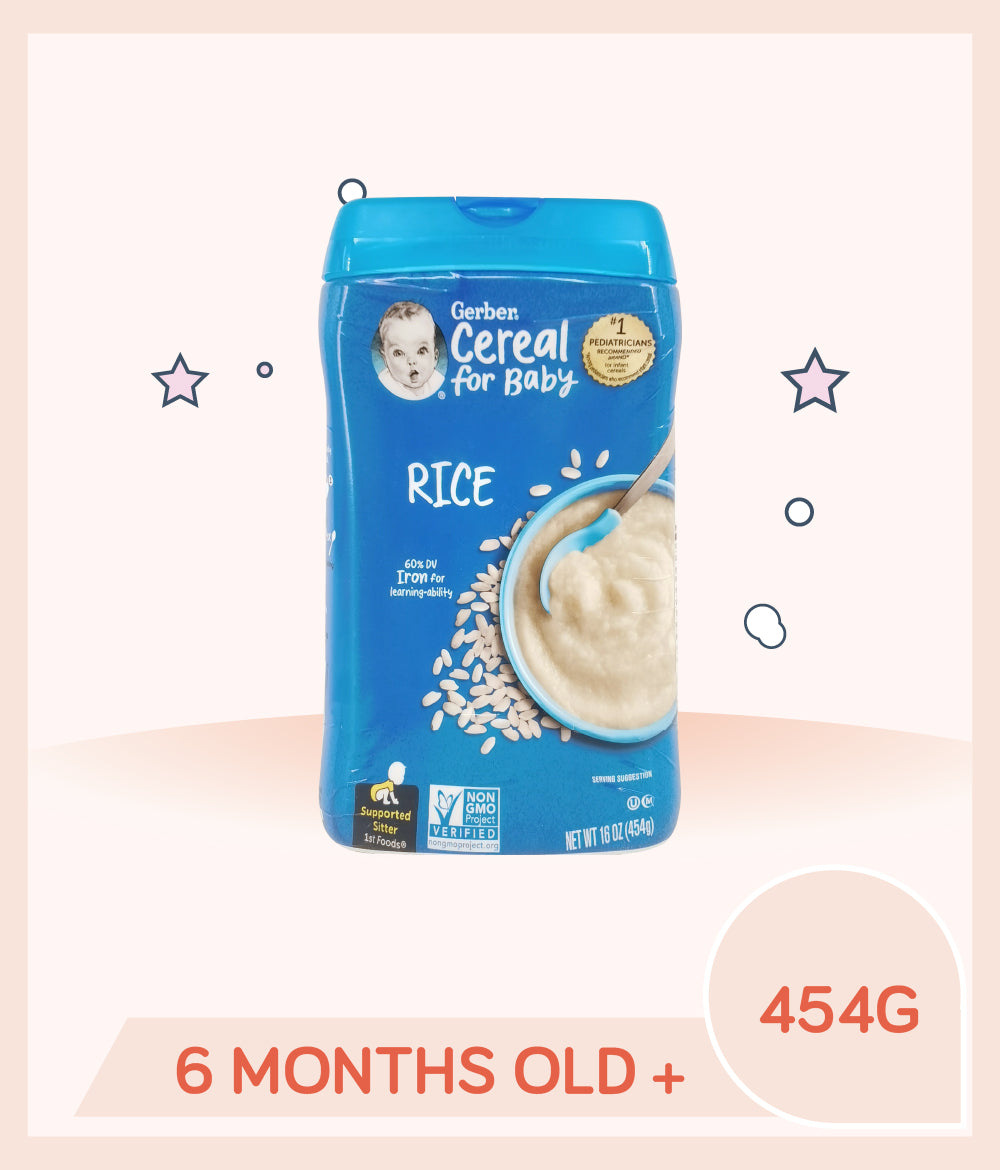
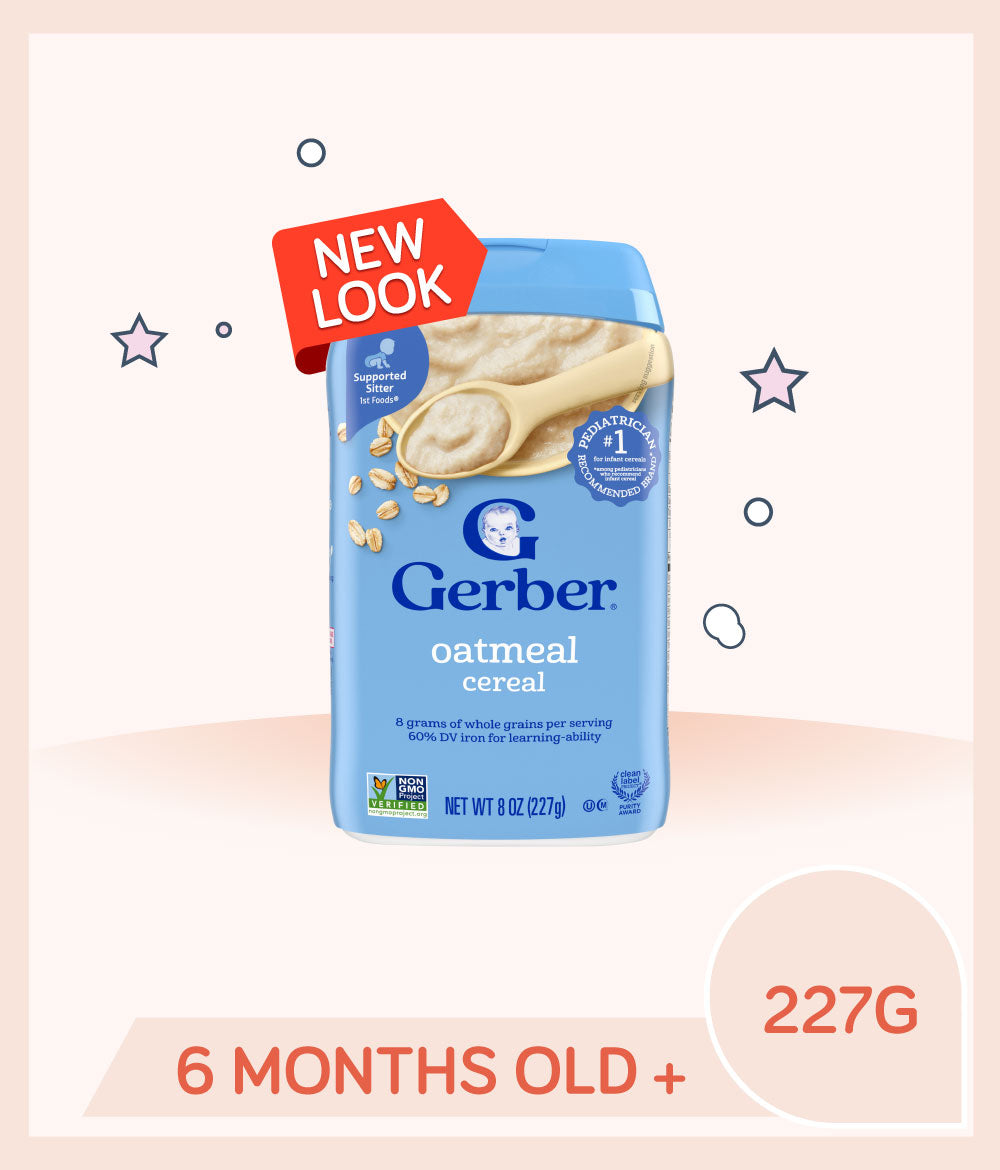
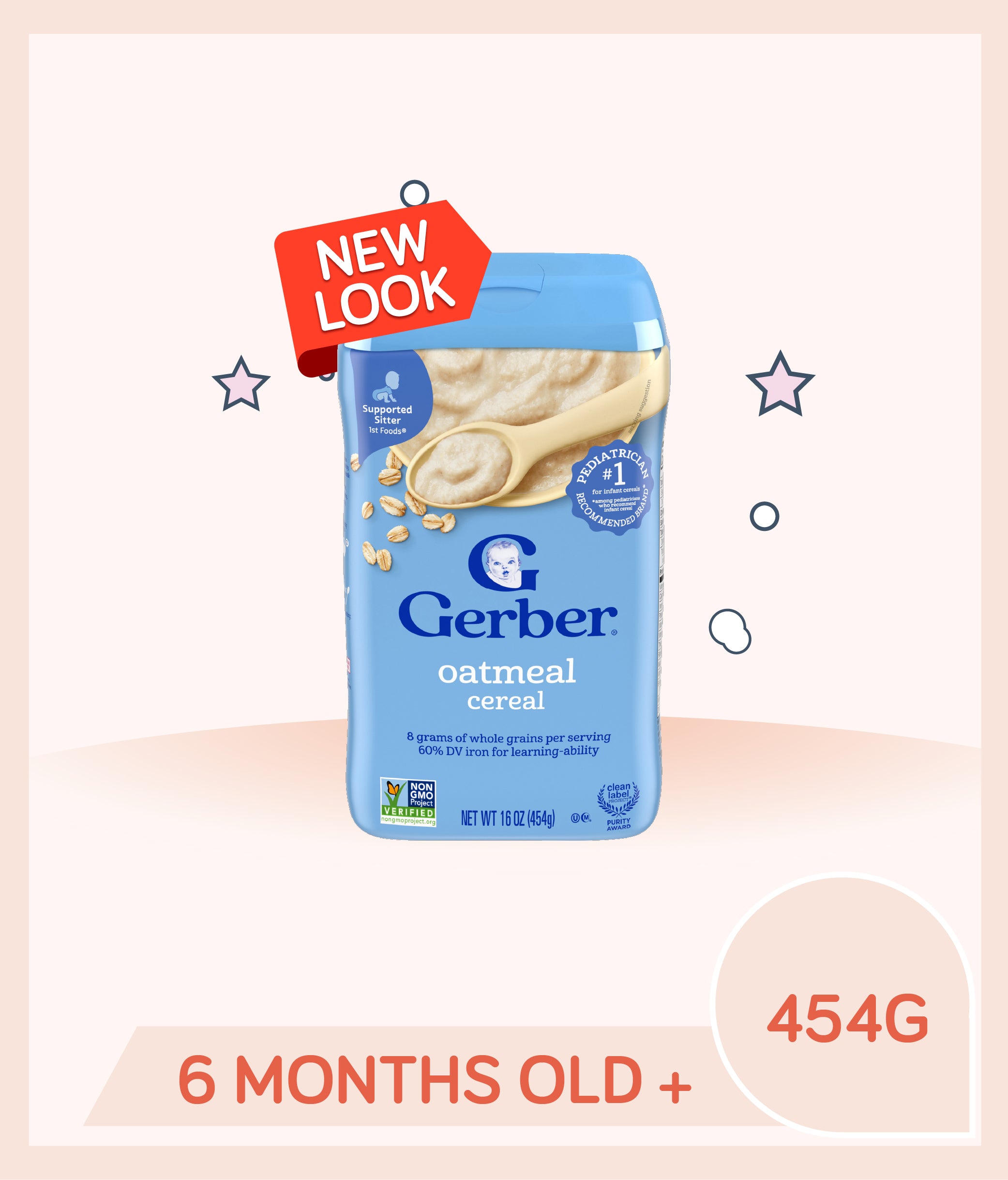





Leave a Reply